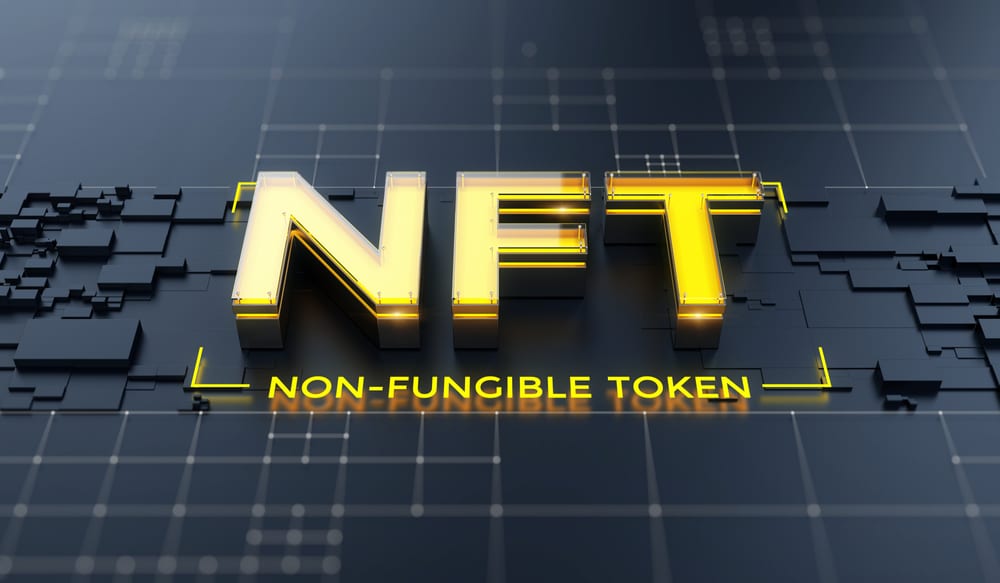Blockchain’s Impact on Supply Chain Transparency and Efficiency

The Advancement of Modern Technology:
In the ever-evolving and uncertain milieu of the present era, technology emerges as a critical agent of change and a distinct hallmark of progress. Significant technological developments, including blockchain, artificial intelligence, machine learning, and augmented reality, distinguish our age. These innovations have become increasingly prevalent and functional, securing their role as the vanguard of technological progress.
The rise of blockchain technology has significantly altered the technological landscape. Its extensive influence across multiple industries is a foundational element, profoundly changing business processes, industrial techniques, and economic models. Expected to instigate societal shifts on a scale similar to the internet’s influence over the previous two decades, blockchain is at the forefront of potential widespread societal transformation.
As the foundational technology behind Bitcoin and other cryptocurrencies, blockchain is set to effectuate notable changes in the banking and finance sectors. Its deployment in supply chain management has demonstrated substantial capabilities. Blockchain simplifies supply chain activities, promoting more streamlined and cost-effective product flow, improving traceability, fostering better stakeholder coordination, and streamlining financial operations.
Let us examine the utilization of blockchain within supply chain frameworks across various commercial domains.
Defining Supply Chain Management:
Supply Chain Management (SCM) refers to the comprehensive oversight of the production journey, encompassing the acquisition of raw materials and the delivery of the final product or service to the end-user. It includes orchestrating materials, information, and financial exchanges associated with a product or service.
Exploring Blockchain Technology:
Blockchain technology offers a transparent and secure method for documenting transactions. A key attribute of blockchain is its “Decentralization.” Debuted in 2008 as the underpinning of Bitcoin, it has since expanded to many applications.
Comprising a series of blocks linked chronologically, the blockchain embodies a secure transaction ledger. Each block encapsulates a batch of transactions validated by network nodes, which are the system’s contributors. Once a block joins the chain, its contents become unalterable.
The security inherent in blockchain technology is paramount. Implementing cryptographic methods ensures that once data is logged on the blockchain, it can only be altered with the consensus of network participants, rendering unauthorized data manipulation by hackers or malicious entities virtually infeasible.
Technological Progression: Salient Points on the Shortcomings of SCM
- Obstacles in Visibility
- Deficiencies in Timely Data Refreshment
- Expected Delays
- Incapacity to Adjust to Market Shifts
- Elevated Inventory Levels Result in Increased Cost of Goods Sold
Contemporary Obstacles in Traditional Supply Chain Management:
As businesses expand globally and collaborate with international networks of partners and suppliers, supply chain management becomes increasingly complex. While globalization and technological evolution have heightened efficiency and reduced costs, they have introduced new challenges.
Maintaining comprehensive oversight across the entire supply chain spectrum presents a significant challenge. Accurately monitoring the movement of goods across diverse locations can be daunting. This opacity can lead to inaccuracies, postponements, and potential fraud. Here, the application of blockchain technology could be revolutionary.
Principal Advantages of Blockchain Integration in SCM
- Greater Trust, Openness, and Item Tracking
- Improvements in Operational Speed
- Cost Reduction
- Enhanced Security via Indelibility
- Elevation of Consumer Satisfaction
- Environmental and Ethical Sustainability
- Quality Management
- Prevention of Falsified Products
- Acceleration of Payment Processes
Advantages of Blockchain Adoption in Supply Chain Operations
Conventional supply chains often depend on paper-driven and out-of-sync data systems, hindering efficient product tracking and data management. The sector-wide transparency and traceability issues lead to procedural delays, errors, and inflated costs. Participants in modern supply chains require an uninterrupted data perspective while maintaining the ability to verify transactional updates independently.
Blockchain technology promises to mitigate many of these concerns by establishing a secure, transparent network, enabling instantaneous tracking of goods throughout the supply chain. This creates a tamper-proof record that ensures the integrity of the data for all network participants, who could be manufacturers, suppliers, logistic partners, or retailers collaborating to transport products to consumers.
Critical Blockchain Applications in Supply Chain Operations
Transparency
Transparency cultivates trust. Critical data, including certifications, are collected and made readily accessible, enhancing public confidence. For instance, after registration on the Ethereum blockchain, a third-party validator can confirm a transaction’s legitimacy, allowing for immediate data updates and validation.
Traceability
Traceability enhances operational efficiency by charting and visualizing the supply chain. The growing consumer demand for the origins of products is met by blockchain’s ability to provide companies with a comprehensive view of their supply chain, facilitating communication with consumers through reliable, verifiable, and immutable data records.
Tradability
Tradability reimagines the conventional market through blockchain solutions, enabling asset “tokenization,” or dividing an asset into shares representing ownership digitally. This is akin to trading a company’s stock on an exchange, where fractional ownership allows tokens to reflect a stake’s value in a specific item. These tokens, representing ownership, are tradeable without needing physical asset exchange.
Blockchain’s Prospect in Supply Chain Management
The industry has dedicated significant resources to adopting blockchain, reaping substantial benefits. The technology thrives on network effects, easing the integration of new entrants. Blockchain’s ‘distributed ledger technology’ addresses traditional supply chain issues by eliminating cumbersome paperwork and digitizing physical assets. It can track items from production to delivery, enhancing transparency and oversight within the supply chain.
Blockchain’s integration into supply chain management still needs to be widely adopted. Despite the growing interest from companies and the exploratory efforts of leading industry players in applying blockchain to their supply chains, broader implementation remains on the horizon.
DISCLAIMER: It's essential to understand that the articles on this site are not meant to serve as, nor should it be construed as, advice in legal, tax, investment, financial, or any other professional context. You should only invest an amount that you are prepared to lose, and it's advisable to consult with an independent financial expert if you're uncertain. To obtain more information, kindly examine the terms of service and the assistance and support resources made available by the issuing or advertising entity. Our website is committed to delivering accurate and unbiased news, yet it's important to note that market conditions may change rapidly. Also, be aware that some (but not all) articles on our site are compensated or sponsored.








